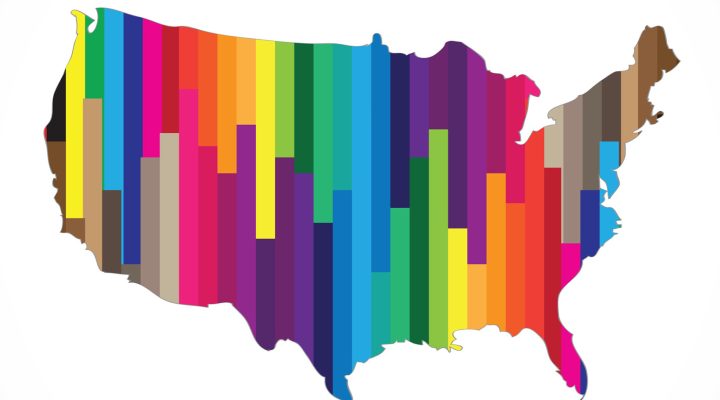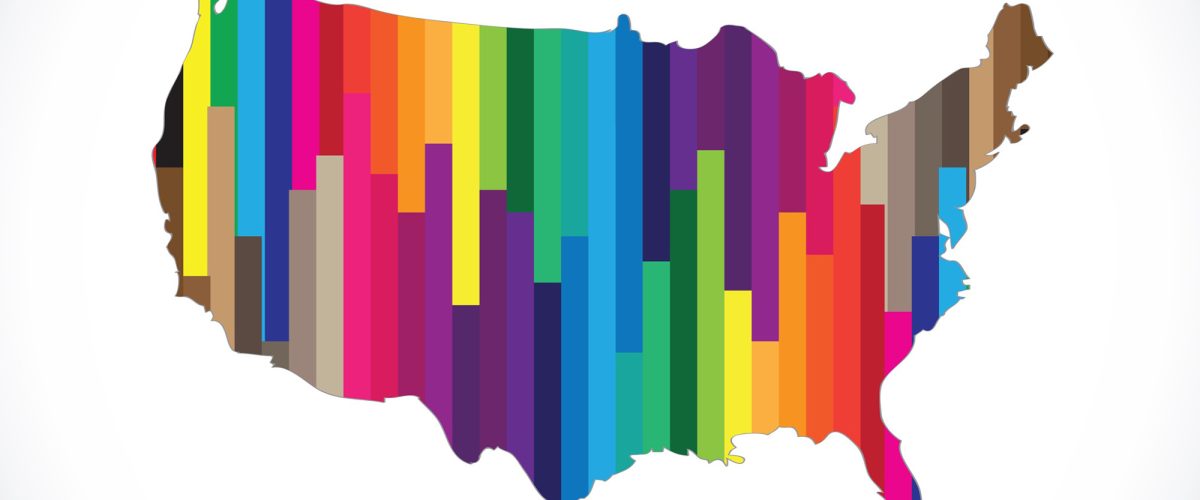Southern Baptists make up less than half of all Baptists in the United States. But you’d never guess that from media coverage.
Last month, Baptist leaders from dozens of nations gathered in Birmingham, Ala., for the first in-person meeting of the Baptist World Alliance since the COVID-19 pandemic started. South African anti-apartheid activist and theologian Allan Boesak spoke multiple times about racial justice, political challenges and Christian witness. Bryan Stevenson of the Equal Justice Initiative also addressed the gathering, as did preachers from multiple nations.
On top of that, the BWA passed a resolution endorsing reparations for slavery. Embracing this issue for the first time, the resolution explained the biblical foundation for reparations and noted the “enduring generational impacts” of slavery. It also urged Baptist churches and institutions to “study their own history and publicly acknowledge institutional and leadership ties to chattel slavery, and then explore ways to repair the damage from previous support for and profiting from slavery.”

Brian Kaylor
As chair of BWA’s Resolution Committee, I understand the importance of this resolution passing after years of debate among global Baptists.
Yet, outside of a few Baptist publications — like Baptist News Global, Baptist Standard, or Word&Way (the publication I lead) — this meeting, its speakers and the votes went virtually ignored.
Same with the annual gathering of the Cooperative Baptist Fellowship in Dallas two weeks earlier. Even speakers like Anthea Butler, Beth Allison Barr, Eugene Cho and Frederick Haynes III somehow didn’t garner journalists’ attention outside of the same few Baptist-focused publications.
In contrast, SBC leaders can always expect rounds and rounds of coverage. When they held their annual meeting last month in Anaheim, Calif., dozens of reporters flocked in from around the nation to cover it.
As the largest Protestant denomination, the SBC deserves outsized attention from reporters. Because of its size and its political influence within the Republican Party, the impact of the SBC extends far beyond the walls of its affiliated churches. For good or bad, what the SBC does impacts the reputation of all Baptists and even all Christians.
“Three other Baptist conventions — historically Black ones — rank in the top 10 largest Protestant denominations in the country.”
But that necessary attention doesn’t excuse ignoring all the other Baptist groups. Three other Baptist conventions — historically Black ones — rank in the top 10 largest Protestant denominations in the country. Three more make the top 20, including another Black convention and the American Baptist Churches USA (the northern branch from the pre-Civil War split when the SBC broke off to support slavery).
Add up all the Baptist conventions in the BWA and you’ll find a few million more members than in the SBC (the SBC left the BWA almost two decades ago because it couldn’t control the global body). Yet, the BWA and its regional group, the North American Baptist Fellowship, remain overlooked by most media outlets.
It’s true the SBC was particularly newsworthy this year. There was a contentious presidential race as the denomination’s Trumpian faction sought to push the SBC even further rightward. And there was the fallout from the report on how SBC leaders ignored and even covered up decades of clergy sexual abuse and misconduct.
But even much milder SBC meetings receive this disproportionate attention. Consider 2019, when J.D. Greear ran unopposed for a second presidential term and no significant controversies threatened to roil the meeting. Yet dozens of reporters from national outlets trekked to Birmingham to cover the meeting. Some outlets even sent multiple reporters and filed several reports.
By the time Cooperative Baptists showed up in the same city the next week, the reporters were gone (other than those from a few Baptist outlets). That meeting started with a joint event with the National Baptist Convention of America and the Progressive National Baptist Convention (two large historically Black bodies) at 16th Street Baptist Church (the site of a horrific bombing in 1963 that killed four girls there for Sunday worship). The three groups marked three years of reflecting together on the 400th anniversary of Black enslavement in the United States. Even before the New York Times “1619 Project,” these conventions met to consider that anniversary as part of what they called the “Angela Project.” But while the Times covered the SBC’s meeting, they ignored the most newsworthy Baptist event that summer in Birmingham.
The next year, SBC President Greear uttered the simple statement that “Black lives matter” and received references in multiple articles from Religion News Service. A much more substantive statement published by the BWA and its North American regional body received no attention from RNS or other major outlets. And I know reporters received the statement because I personally sent it to them, just like I did the BWA’s reparations resolution they also ignored.
“A single SBC leader, Russell Moore, showed up in more headlines in 2021 than all other Baptist denominations combined.”
RNS exacerbated this disparity in coverage last year. By my count, a single SBC leader, Russell Moore, showed up in more headlines in 2021 than all other Baptist denominations combined. There were a few good pieces devoted to non-SBC groups, especially about Black Baptists, but such coverage paled in scope and frequency of that for the SBC.
While the SBC should get more attention because of its numerical size and political influence, the severity of the imbalance creates a bias that skews public understanding of Baptists and Christians more broadly. By overemphasizing the SBC, Baptists appear in media reports as more theologically conservative, more Republican and Trumpian, more white, more Southern, more supportive of Christian nationalism, and more male-led than Baptists actually are overall. That not only does a disservice to the groups too often ignored but also to readers receiving a carnival mirror version of faith and culture.
So, as a Baptist minister, let me end with an altar call — because there’s a need for some serious soul-searching and repentance. Most Baptists in the United States are not part of the SBC. It’s time for media coverage to reflect this reality.
Brian Kaylor, a Baptist minister with a Ph.D. in political communication, is president and editor-in-chief of Word&Way. He writes about faith, culture and politics at publicwitness.wordandway.org.
Related articles:
White blindness is a barrier to racial justice, Boesak tells BWA
Baptist groups returning to in-person meetings with hybrid options


